Search by Topic
- Acid Reflux 1
- CDC 1
- CT Scans 1
- Corticosteroids 1
- Delta Variant 1
- Flu vaccine 1
- GERD 1
- Gastroesophageal Reflux Disease 1
- HEPATITIS C 1
- Intermittent Fasting 1
- Johnson and Johnson 1
- KETO DIET 1
- MDVIP 1
- MS 1
- Masks 1
- Men's Health 1
- Moderna 1
- Multiple Sclerosis 1
- Pfizer 1
- Plenity 1
- Tryptophan 1
- alcohol 1
- alcohol abuse 1
- aspirin 1
- blood pressure 1
- bone health 1
- calcium 1
- cardiovascular 1
- cardiovascular disease 1
- cholesterol 1
- coconut oil 1
- coronary plaque 1
- coronavirus 12
- covid vaccine 4
- covid-19 19
- covid-19 in Children 1
- covid-19 testing 1
- deep venous thrombosis 1
- diabetes 2
- diet 1
- emotional wellbeing 1
- exercise 2
- fitness 1
- flu 3
- flu vaccine 1
- healthy holiday 1
- healthy living 1
- hearing 1
- heart disease 1
- heart disease prevention 1
Cardiovascular disease includes atherosclerotic vascular disease(ASCVD) (hardening of the arteries), heart failure (meaning the heart is not pumping as well as usual), and atrial fibrillation (a heart rhythm problem). Primary prevention means taking steps to prevent the first occurrence of a condition, in this case, cardiovascular disease.
According to the American College of Cardiology, these are the most important steps to take to prevent the development of cardiac disease:
1. Promote a healthy lifestyle throughout life.
2. Work with your family physician to evaluate the social determinants of health such as stress, early life, work, unemployment, food, addiction, transportation and social exclusion to inform treatment decisions.
3. If you are age 40-75 and you are being evaluated for cardiovascular disease prevention, ask your family physician to calculate the 10-year risk for ASCVD before you start pharmacological therapy.
4. Consume a healthy diet emphasizing vegetables, fruits, nuts, whole grains, lean vegetable and animal protein, and fish. Trans fats, processed meats, refined carbohydrates, and sweetened beverages should be minimized.
5. Engage in a minimum of 150 minutes of moderate-intensity physical activity or 75 minutes of vigorous-intensity physical activity each week.
6. If you have type 2 diabetes mellitus, adopt lifestyle changes including improving dietary habits and achieving exercise recommendations.
7. Quit using tobacco products. Your family physician can provide resources to help.
8. Avoid routine use of aspirin for primary prevention.
9. Begin statin therapy for first-line treatment for the primary prevention of ASCVD if your low-density lipoprotein level (LDL) is greater than 190, you have diabetes and you are 40-75 years of age, and/or if you are otherwise deemed at risk by your family physician.
10. Make use of non-pharmacological (non-medication) interventions if you have elevated blood pressure. These measures include increasing active exercise, eating a lower-salt diet, losing weight (at least 10 pounds), and avoiding stimulants such as caffeine and pseudoephedrine.
And don’t forget to get enough sleep!

